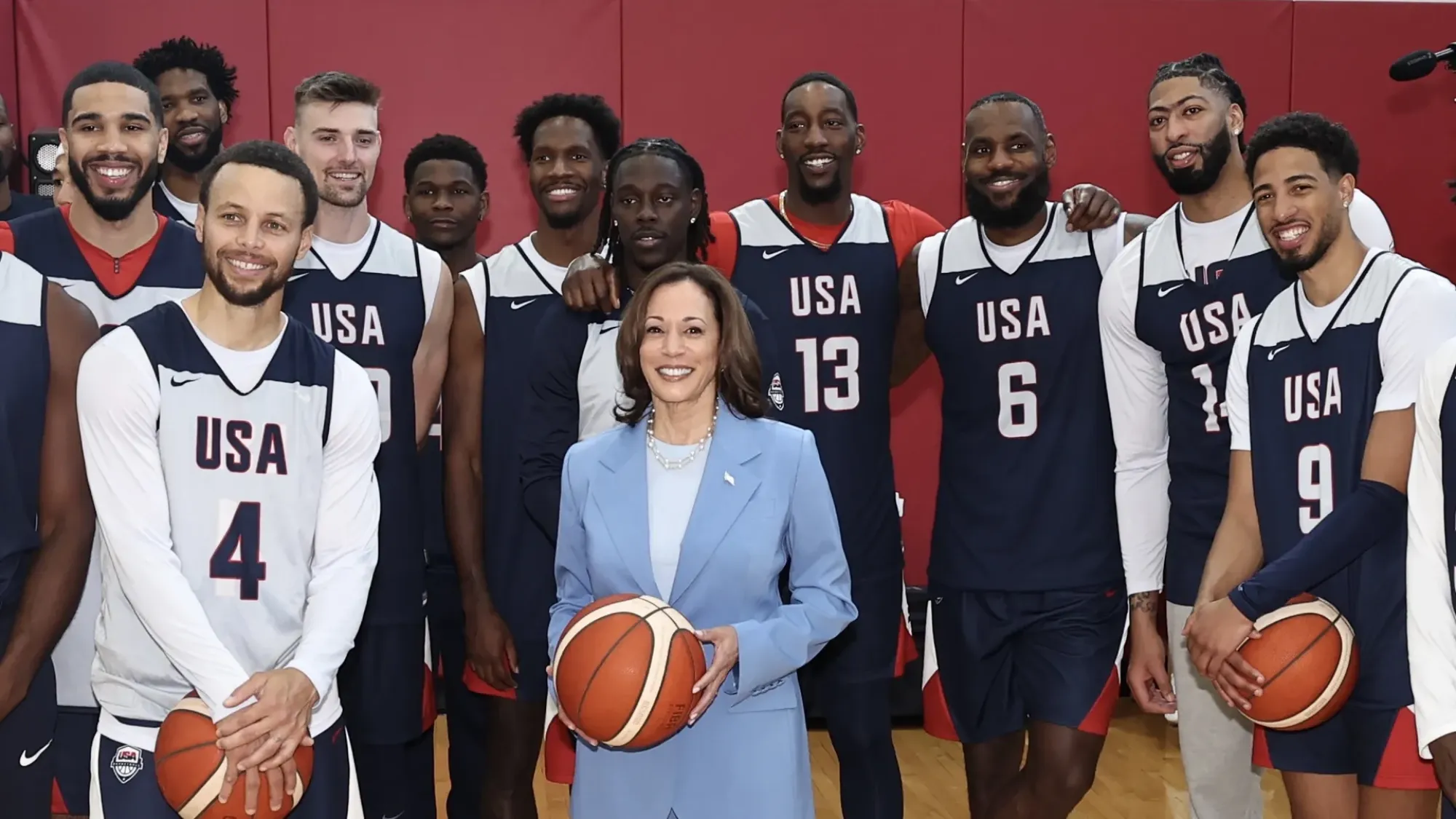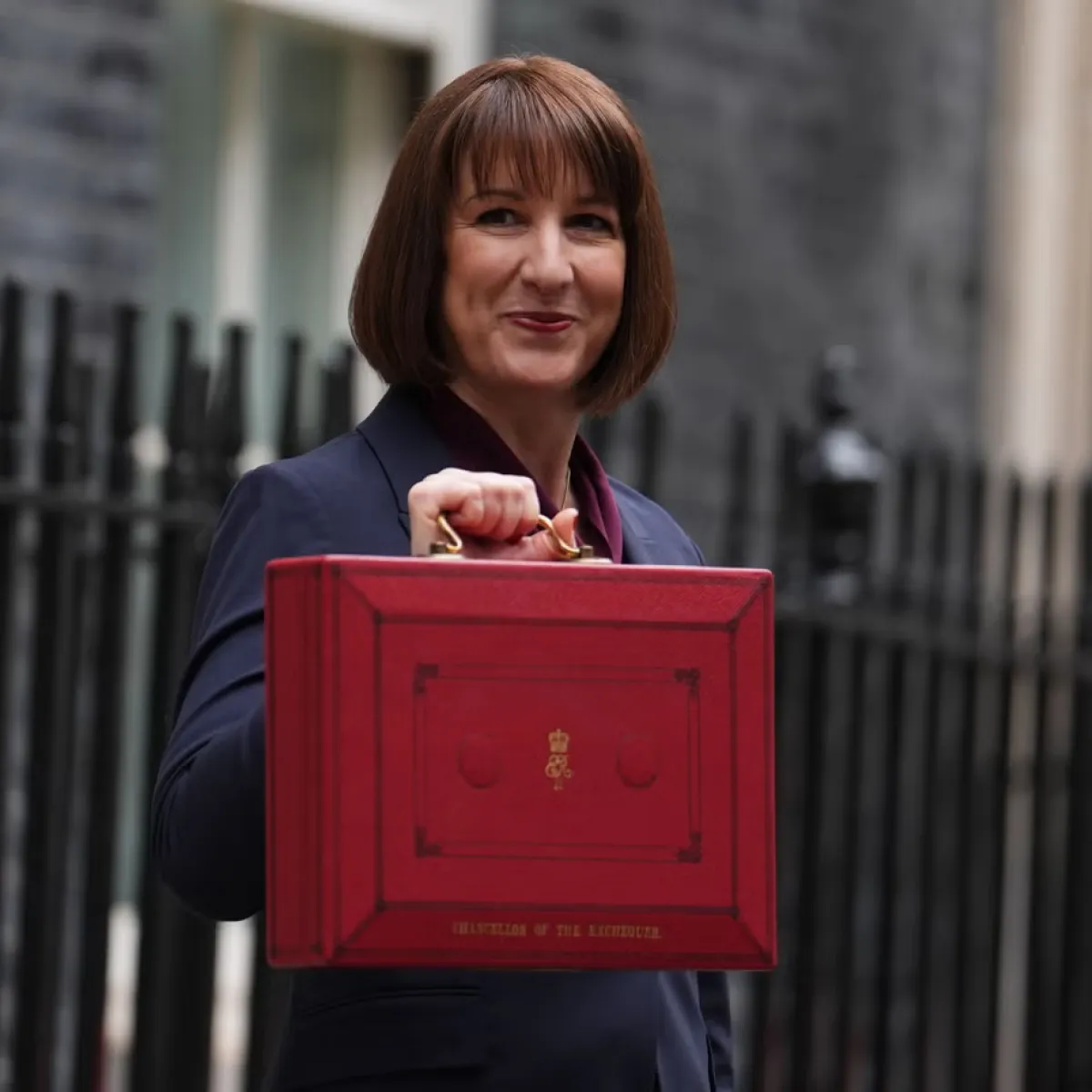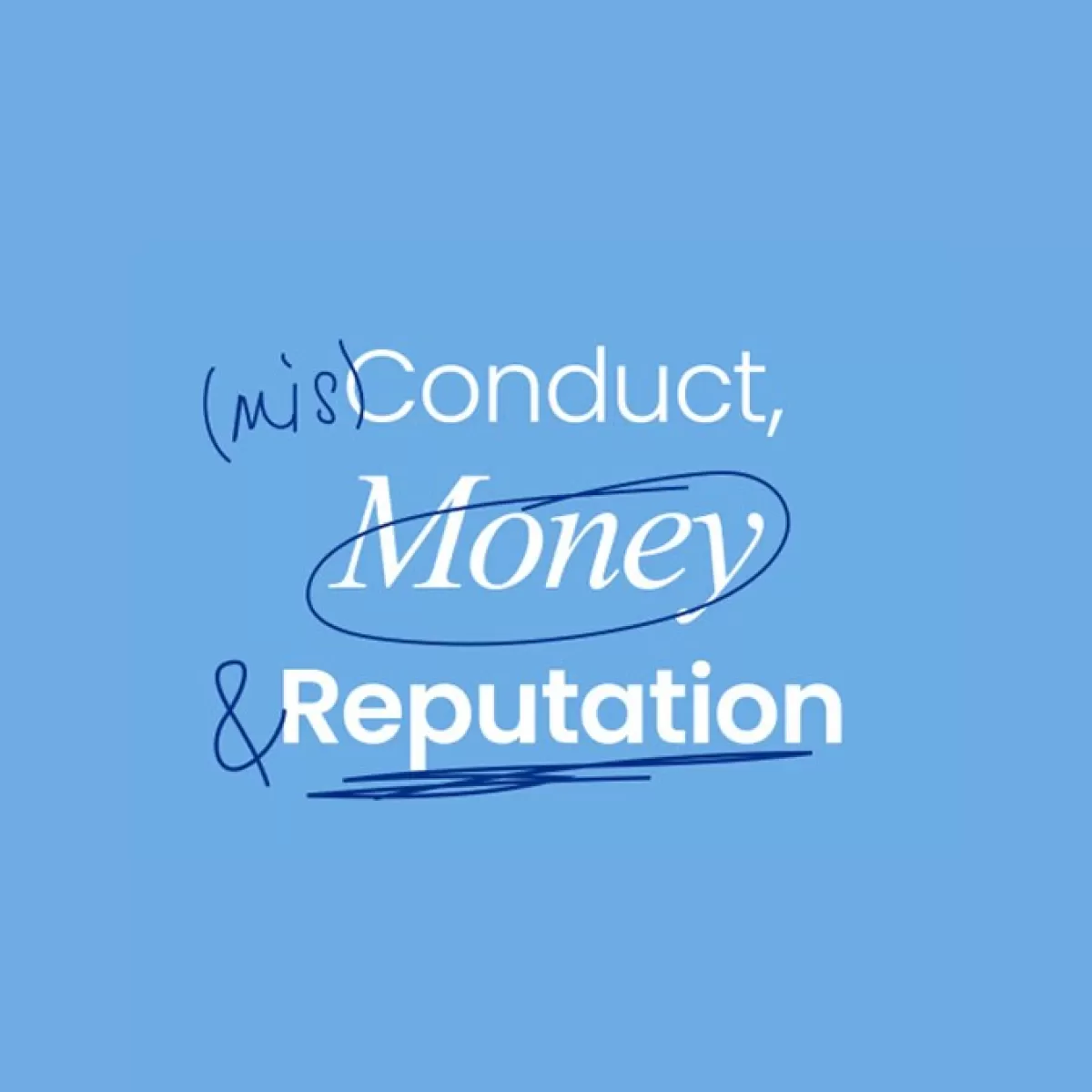This website uses cookies. Learn more
US Presidential Election: A Whole New Ballgame
First published in Political Capital - our weekly public affairs and polling news drop.

James Schiavone, Vice President at Lansons in New York, breaks down a whirlwind few weeks in American politics and sets the stage for the run-up to the November Presidential election.

By any standard, it’s been a tumultuous month in US politics.
From the moment President Biden gave his initial remarks in the first – and only – debate between him and former President Trump to the present, the dynamic has been fluid, fast-paced, and utterly captivating, even to those prone to tuning out politics.
On the Republican side, Trump saw his potential legal jeopardy greatly diminished, survived an assassination attempt, resulting in an instantly iconic photo of him raising his fist in defiance, and rolled out Sen. J.D. Vance as his running mate at the Republican National Convention.
Meanwhile, the Democrats watched Biden stumble through a cringe-worthy debate performance and then fail to reassure voters he was up to the task in a series of high-profile events, leading to 31 House Democrats, 4 Senate Democrats, and George Clooney (American actor) calling for him to step aside, ultimately resulting in Kamala Harris, his VP, taking his place at the top of the ticket.
Got all
that?
How things look today...
Harris’ ability to quickly consolidate the support of the Democratic Party around her after Biden endorsed her as his successor surprised many people. However, it’s important to note that was largely a function of the Party’s understanding of the need to quickly turn the page on the Biden campaign rather than Harris being seen as the clear heir who has been groomed for the moment. From my perspective, she’s not a particularly well-defined (or well-liked) figure. She seemed fairly inconsequential as a VP, following an uneven 2020 presidential run which saw the former DA seeking to appeal to left-leaning voters by embracing more liberal positions. Also, her coronation is kinda questionable from a ‘representative democracy’ standpoint, but I’ll leave that to the constitutional scholars.
Regardless, in the near term, the move has genuinely created enthusiasm among Democratic voters that was unseen during this election cycle, evidenced by a $310 million-dollar fundraising haul within 10 days of announcing her candidacy. Perhaps more importantly, it has blunted the feeling of inevitability that the Trump campaign had established in mid-July. As a result, we’ve seen the campaign go from talking about running up the score in a landslide to scrambling to find their footing as the race has quickly reset.
The J.D. Vance pick – red meat for the base – is looking like an act of hubris at the moment. There is cruel irony in the popularity of Google searches on an unfortunate rumor outpacing those on Trump’s shooting, particularly as Vance has publicly called for Alphabet – Google’s parent – to be broken up. Also, LOL.
Peaking too early is definitely A Thing. And the transition from the Democratic hand-wringing over Biden’s viability – you’ll remember Eeyore is a donkey – to believing they’ve got a puncher’s chance to an attitude of ‘we just might win this thing’ is what momentum-building in real time looks like.
Cool. But what do the bookies think?
While it’s not (currently) legal to bet on politics in the US, overseas oddsmakers provide us an interesting snapshot of public perception. Nate Silver it ain’t, but for the sake of those who believe in the efficiency of markets, let’s have a look.
Across bookmakers aggregated on Real Clear Polling, Trump peaked on July 15th with a 66.2% chance of retaking the presidency. Perhaps more telling, with Biden’s support further eroding by the day at that time, markets pegged his chances of a second term at only 18%.
However, by early August we’ve seen Trump move from being the clear chalk to closer to even odds (Trump 49.7%, Harris 44.2%). The trendlines paint a clear picture.
While polling at this point – to say nothing of betting odds – in my view is largely directional and speaks better to shifts in momentum than to predicting outcomes, it feels more likely that we’re going to see a repeat of past elections where a relatively small percentage of voters in swing states determine the outcome. Game on!
From now to November.
At this point, the race feels really hard to predict and I’d be leery of putting too much stock in anyone who says otherwise. The dynamics of the situation are such that there aren’t good historical comps for us to look to.
There are a few things that I believe have the potential to rally and/or expand each party’s base as well as developments that will shape the race which have yet to play out.
1. Harris remains the current VP. The potential for the Biden administration to instil confidence in their competence and steady hand over the next few months is not something that’s getting much ink. The administration’s ability to credibly tout the strength of the US economy and project the southern border as under control will be key to deflecting attacks that proved effective against Biden.
2. There is untapped upside from one-off wins that drive the news cycle. The recent prisoner swap that saw Wall Street Journal reporter Evan Gershkovich and former US Marine Paul Whelan return to US soil demonstrate the ability to navigate complex situations with allies and adversaries. These can be very helpful toward shaping the perception of the current administration. Harris playing a meaningful role in these wins would be ideal, but for now she’ll take the halo effect.
Sharp drops in the stock market and increasing recession fears though are an effective counterpoint on the downside of being painted with the same brush as Biden.
3. The initial attempts from the Trump campaign (read, Trump’s highly publicized remarks) to define Harris have been ham-fisted at best and kryptonite to independent voters at worst. It’s clear that Trump wanted to run against Biden, and he appears frustrated that’s no longer happening. No doubt, disciplined surrogates will be making the rounds on the Sunday shows throughout August to place the focus squarely on her record. Still, if you look up tone at the top in the dictionary, you’ll see a picture of Donald Trump. Finding a message that works to define Harris and staying consistent should be their top priority.
4. At press time, we’re still waiting for Harris’s VP candidate to be announced. It appears nearly certain it will add demographic balance to the ticket and address a swing-state need. Presumably anything but a swing and miss pick will keep the momentum in the Harris camp’s corner for the immediate term. However, it remains unclear the extent to which the pick can truly broaden Harris’ appeal. More likely, it will serve to draw a contrast with Vance’s relative inexperience and unpopularity (Trump himself is 78, lest we forget) at the bottom of the ticket.
First published in Political Capital - our weekly public affairs and polling news drop.
Stay in the loop with our experts




New Business: to find out how we can help you, contact our dedicated new businesss team consultancy@lansons.com
Careers: we’d love to hear from you, please visit our careers hub











